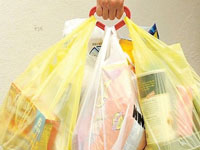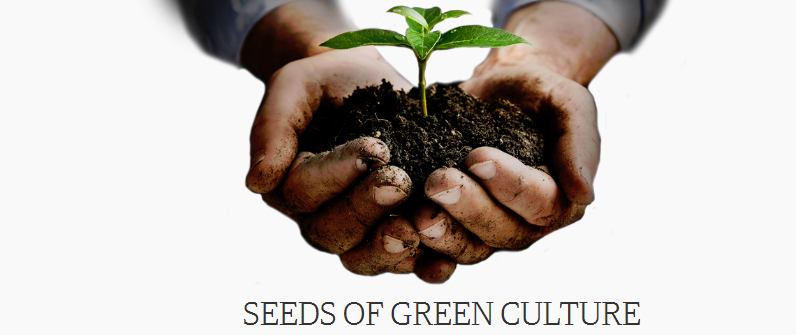The global e-waste monitor 2024
<p>The world's electronic waste generation is increasing five times faster than documented e-waste recycling, according to the United Nation's fourth Global E-waste Monitor (GEM) report.</p>
<p>The world's electronic waste generation is increasing five times faster than documented e-waste recycling, according to the United Nation's fourth Global E-waste Monitor (GEM) report.</p>
Only a third of plastic packaging used in consumer products is recycled each year, with almost two-thirds sent to landfill or incinerated, according to new research. Of the 1.5m tonnes of recyclable

The Kochi Corporation is clamping down on the plastic bags below 50 microns in shops. Soon, one will have to bring one's own bag to carry one's groceries or pay for every bag. The Corporation is also mulling
European countries are improving their methods to prevent household trash and other municipal waste from ending up in landfill sites. Recycling rates, in particular, have increased considerably across
European countries are improving their methods to prevent household trash and other municipal waste from ending up in landfill sites. Recycling rates, in particular, have increased considerably across
<p>Lifecycle impacts of photovoltaic (PV) plants have been largely explored in several studies. However, the end-of-life phase has been generally excluded or neglected from these analyses, mainly because

<p>From shoes made of old tyres in Ghana to roads built from recycled plastic in Kenya, 20 environment friendly start-ups from developing countries were given the SEED Awards in 2016.</p>
The E-Waste (Management) Rules, 2016 mandate CPCB to prepare guidelines on implementation of E-Waste Rules, which includes specific guidelines for extended producer responsibility, channelisation, collection
Aged 70, Tuna has pains in her leg, waist and chest, but her income as a garlic picker put even the most basic medical provision beyond reach. Until her neighbour told her about a “free” medical clinic
This is the mantra preached by Veena Sahajwalla, a materials scientist at the University of New South Wales who wants to fundamentally change how we perceive our electronic waste: not as trash, but as
Germany, the EU's most influential country and its leading recycler, has called for recycling targets in the European Commission's Circular Economy package of green laws to be scrapped. The executive